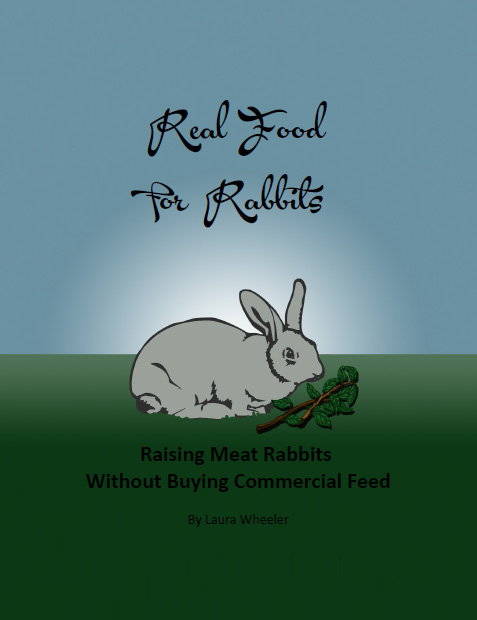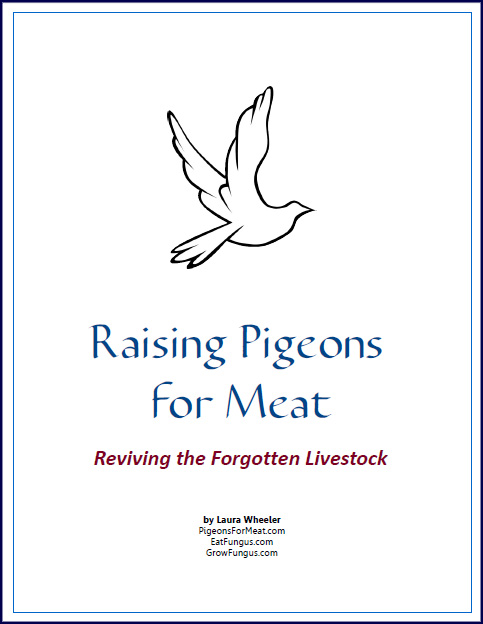Utility Pigeons
Feral Breeds
Some animals classed as Heritage Breeds are also listed as Feral Breeds by the USDA, or by state governments.
Feral animals are domesticated animals that have been returned to a wild state, which generally live close to human habitations. Some feral animals may be especially dangerous because they are not afraid of people, and they are accustomed to living in and around homes and farms.
The two most prevalent feral animals are hogs, and pigeons.
Feral hogs are those that originated from domesticated populations, interbred (sometimes with wild populations), and have developed a wild breed. They are very aggressive, and multiply rapidly. They've been overtaking the south, state by state, and many states allow hunting of feral hogs without a tag.
Feral pigeons originated from domesticated pigeons brought over from Europe. They have not interbred, but have stayed true to breed. These pigeons were used by Americans throughout our history until a few decades ago. Many old houses have dovecotes built into porch overhangs, attic spaces, and garage roofs.
We have listed some feral species on this site because they are once again being raised in captivity to produce hardy, reliable meat or egg production.
Feral animals are generally most suited to hands-off meat production. They are generally not suited to producting milk or wool, where you would need to handle them extensively, as their character is less gentled.
They are generally the BEST animals for 100% forage. A little feed tossed out once a day keeps them predictably depending upon you, so you can bring them to a central gathering point on a daily basis (for harvesting), and you also must provide a suitable water source. But other than that, they take care of themselves, multiply well, and just need space.
Feral animals require more space than pure domesticated animals. They will be more aggressive with each other in close confinement, they like plenty of room to roam around, and some are territorial.
Managed correctly, some breeds of feral animals may provide a great way of simplifying raising and breeding useful breeds.
Make sure you check local laws and state regulations prior to acquiring any animals that may be classed as feral by your state.
 Click to Download Your Free Heritage Pickling and Culturing e-Book Now!
Click to Download Your Free Heritage Pickling and Culturing e-Book Now!
Instant Download, NO Registration Required!






